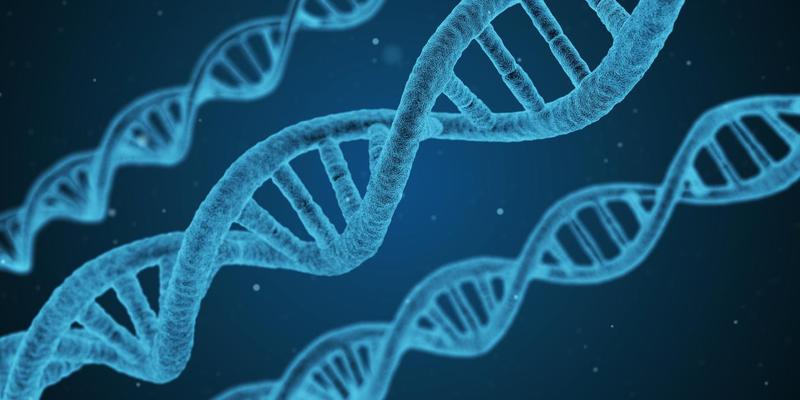Causes: Genetic Factors
Causes: Genetic Factors
Topic 1: Causes: Genetic Factors

Genetics seems to play a part in causing ASD. According to Autism Speaks, about 15% of all ASD cases have an identified genetic cause. The CDC and the National Institute of Mental Health (NIMH) list the following as generally agreed-upon genetic risk factors for ASD:
- Those with siblings with ASD appear to have a higher risk for it themselves.
- ASD is also found more often in males than in females (this may be due to differences in presentation, making it easier to diagnose ASD in males).
- About 20% of those with ASD also have certain other genetic conditions, like Fragile X syndrome, Down syndrome, and tuberous sclerosis.
The Eunice Kennedy Shriver National Institute of Child Health and Human Development explains that the genetic factors that may cause ASD are complicated.
- More than 100 different genes may be involved in causing ASD.
- People with autism have genetic mutations in many of these genes, although there is no one mutation or combination of mutations that has been shown to cause ASD.
- Not everyone with ASD has a mutation on every gene that has been linked to ASD.
- People without ASD also have some genetic mutations that have been linked to autism.
This means that different genetic mutations may play different roles in ASD. Different mutations may cause different symptoms and predict the severity of those symptoms. Some mutations might also increase someone's risk of ASD.
References
Autism Speaks (2018). What causes Autism Spectrum Disorder (ASD)? (n.d.). Retrieved from https://www.nichd.nih.gov/health/topics/autism/conditioninfo/Pages/causes.aspx.
Centers for Disease Control and Prevention. Facts About ASDs. (n.d.). Retrieved from http://www.cdc.gov/ncbddd/autism/facts.html.
